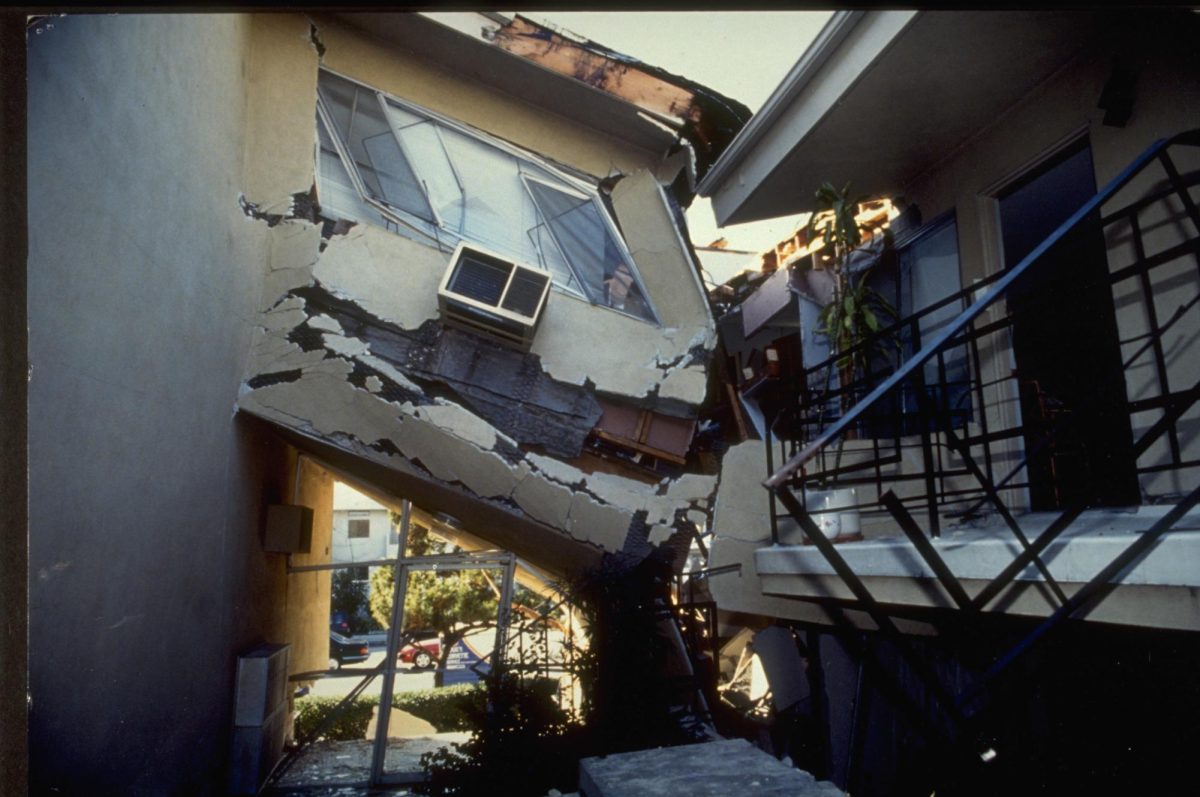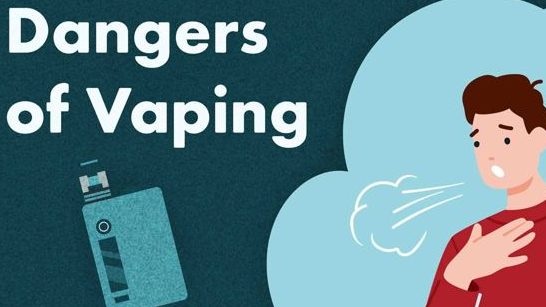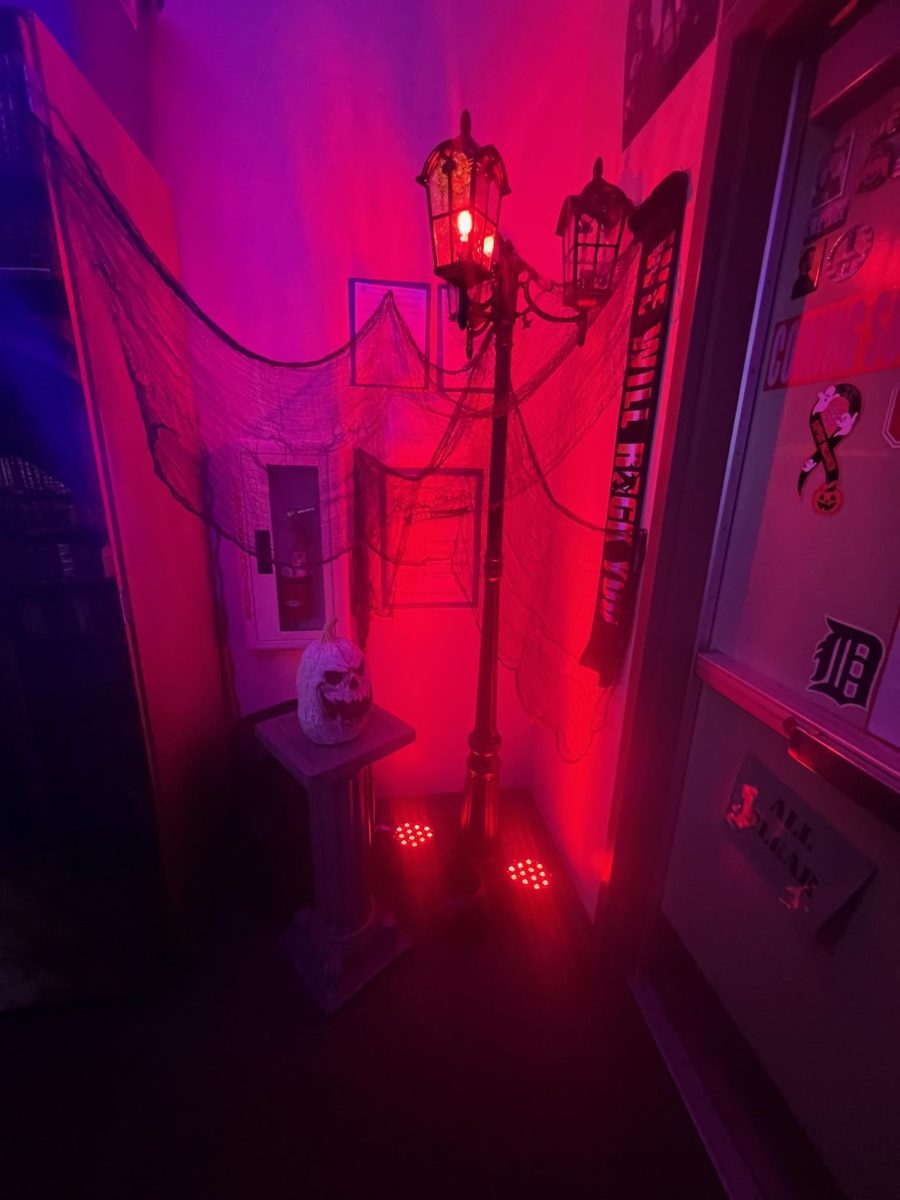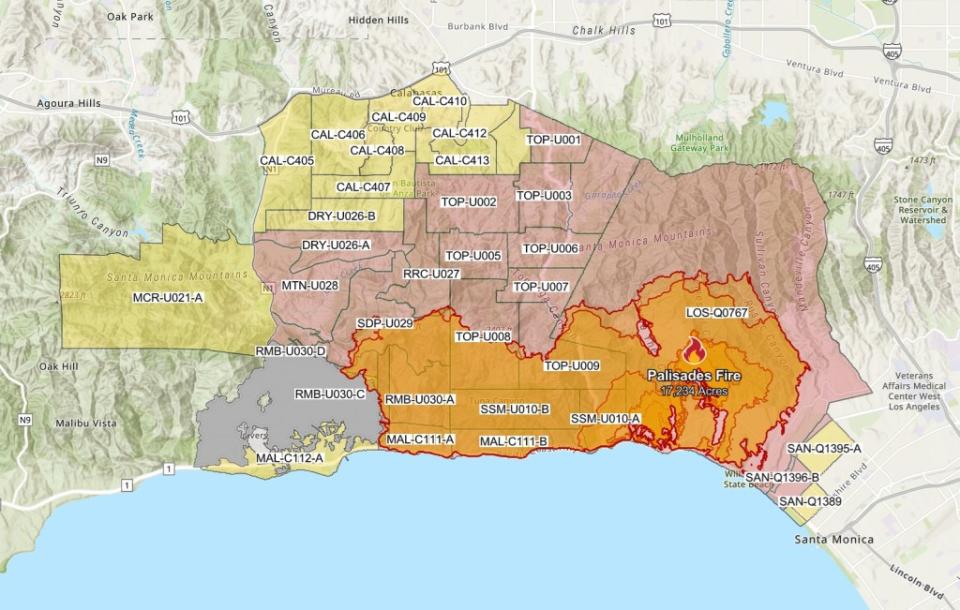What is Dreaming

Courtesy of UPR
December 7, 2022
Dreaming is experienced when we go to bed at the end of the day. Although first discovered by the Babylonians, it wasn’t studied until the 1950s. On Earth, there are over 8 billion people who sleep as part of their daily lives, and as a result, they dream. People do this because their hippocampus develops an environment in their minds. Our hippocampus is a ventricle in our brain that is thought to be associated with emotion, memory, and parts of our nervous system.
7th-grade science teacher Mr. O’s definition of dreaming is simply, “Your imagination.” Google’s definition of dreaming is “a vision of images, ideas, and emotions that occur in your brain.” So yes, your imagination is essentially your dream. However, an aboriginal philosophy of dreaming is the interrelation of dreaming. Aboriginal philosophy refers to the nature of the world, like ethics or social structure.
Dreaming starts when the mind is in the REM stage, or rapid eye movement state. This is when the brain begins to have an alarming rate of activity similar to when you are awake. During dreams, your breathing increases because your diaphragm and intercostal muscles relax, causing your airway to tighten. When the airway gets smaller, the velocity of oxygen moving through surges. The explanation for why you can’t physically move your actual body while dreaming is that most muscles are paralyzed.
Lucid dreams are types of dreams when you become self-aware. If you are in a dream, you may have some control over the environment and things around you. Nightmares are prevalent during lucid dreams. They are usually affected by stress, anxiety, or post-traumatic stress disorder (PTSD). The most common nightmare is being chased by something or someone; it could be a giant watermelon or an unknown figure. Nightmares can also cause a disorder called Sleep Apnea.
Sleep apnea is when a human stops breathing in their sleep: it’s a condition caused by increasing age and obesity. Found in more men than women, over 200,000 people suffer from this condition per year. Alternative causes of sleep apnea are drugs, smoking, and alcohol. People who abuse drugs or sedatives are much more likely to develop sleep apnea.
Sleeping is an activity that almost everyone participates in. When we do, we go through dreams. This occurs as a series of visions and images generated by your brain and can relate to your life. Dreaming may also lead to nightmares which are amplified by stress and anxiety. This can cause sleep apnea which is a disorder that can cause someone to stop breathing while they sleep.


























